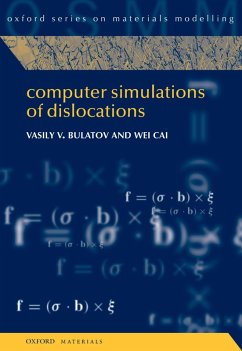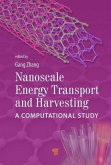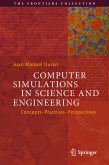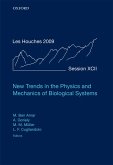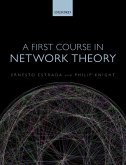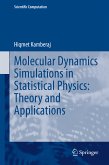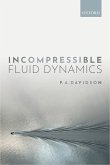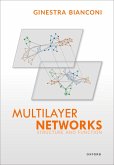This book presents a broad collection of models and computational methods - from atomistic to continuum - applied to crystal dislocations. Its purpose is to help students and researchers in computational materials sciences to acquire practical knowledge of relevant simulation methods. Because their behavior spans multiple length and time scales, crystal dislocations present a common ground for an in-depth discussion of a variety of computational approaches, including their relative strengths, weaknesses and inter-connections. The details of the covered methods are presented in the form of "numerical recipes" and illustrated by case studies. A suite of simulation codes and data files is made available on the book's website to help the reader "to learn-by-doing" through solving the exercise problems offered in the book.
Dieser Download kann aus rechtlichen Gründen nur mit Rechnungsadresse in A, B, BG, CY, CZ, D, DK, EW, E, FIN, F, GR, HR, H, IRL, I, LT, L, LR, M, NL, PL, P, R, S, SLO, SK ausgeliefert werden.

